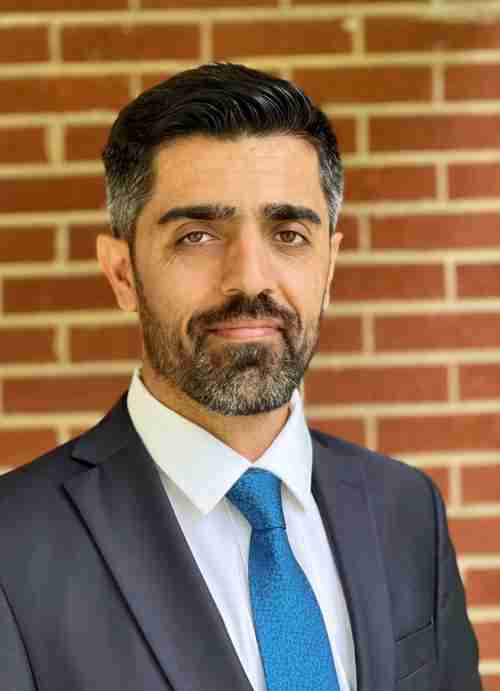On the fifth episode of The New Region’s GeoSpace X space series, host Mohammed A. Salih and guest Sajad Jiyad, Century International Fellow and Director of the Shia Politics Working Group, took a deep dive into Iraq’s position in the region and its foreign policy.
Discussions kicked off with a question by Salih about Iraq’s fundamental philosophy toward foreign policy, to which Jiyad replied “I think the obvious answer to that is Iraq does not have a unified government. And when you have coalition governments with multiple poles of power, you can expect to have difficulty forming a policy that's coherent and that is agreed upon.”
Jiyad then touched on Iraq’s balancing act between the US and Iran. He remarked that factions who push for better relations with either Iran or the US at the cost of souring ties with the other constitute a minority. The “majority political opinion” which also drives the government’s policy however, “I believe their position is to maintain balanced relations,” Jiyad added.
Jiyad believed that the Arab League summit recently held in Baghdad was a “limited success,” and remarked that Iraq post 2003 has tried to position itself as a country that “is not going to be a source of trouble, that Iraq is going to be a source of economic cooperation and, and therefore it is worth building ties with.”
Salih and Jiyad then moved on to internal disputes, like the recent financial issues between Erbil and Baghdad, and Iraq’s rejection of the Kurdistan Region’s recent multi-billion-dollar agreements with two US firms to develop the Region’s gas fields. Jiyad warned that these sorts of disputes will continue as long as Baghdad and Erbil do not have a mechanism to manage the oil and gas sector.
“Most of the politicians in Baghdad have been raised on the culture of centralization. The fact that decisions need to be made in Baghdad, deals need to be struck with Baghdad, money needs to flow in and out of Baghdad,” said Jiyad.
“Federalism has not been implemented properly in Iraq. I think that is a fact,” he added, echoing a sentiment shared by many officials in the Kurdistan Region who criticize the federal government, accusing Baghdad of an improper implementation of federalism.

 Facebook
Facebook
 LinkedIn
LinkedIn
 Telegram
Telegram
 X
X
